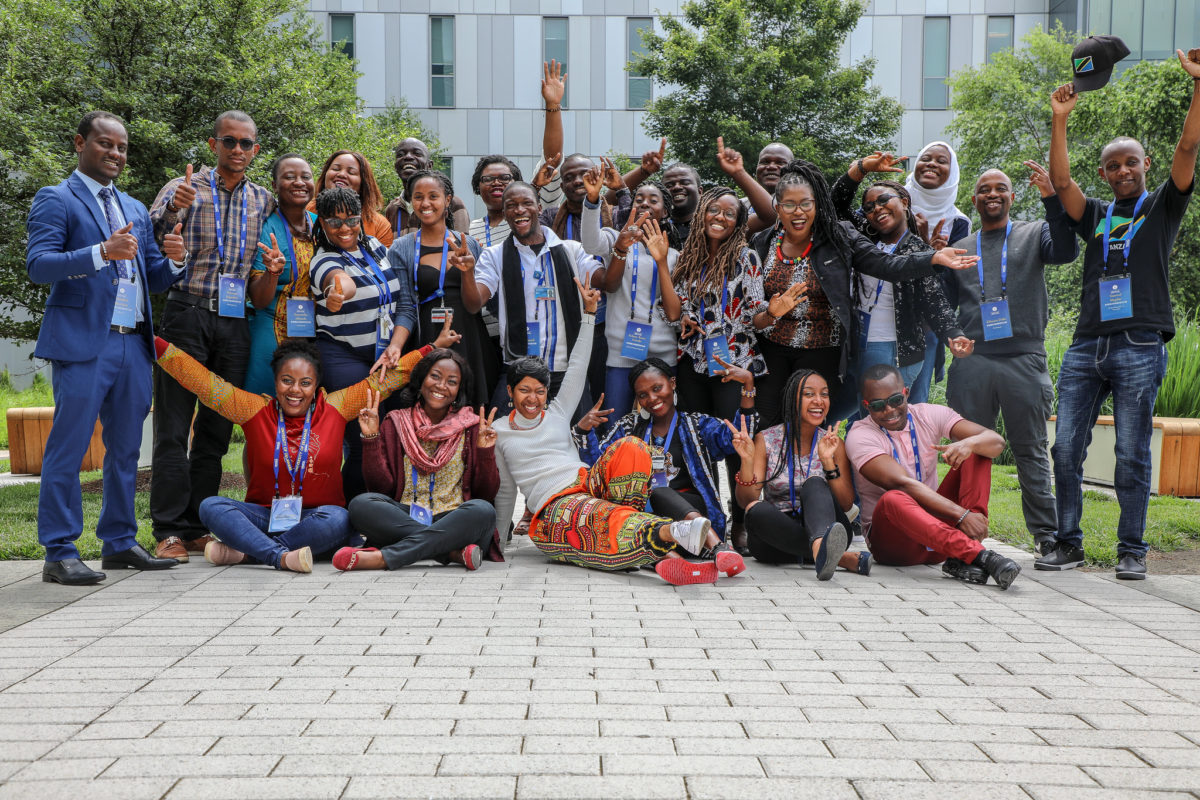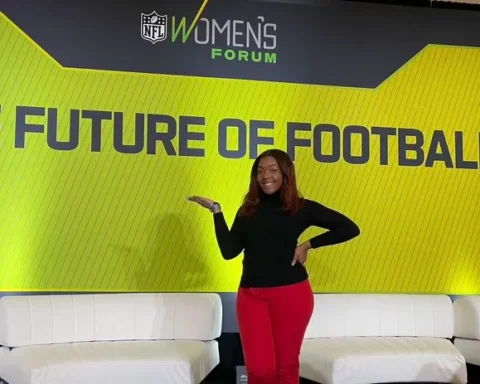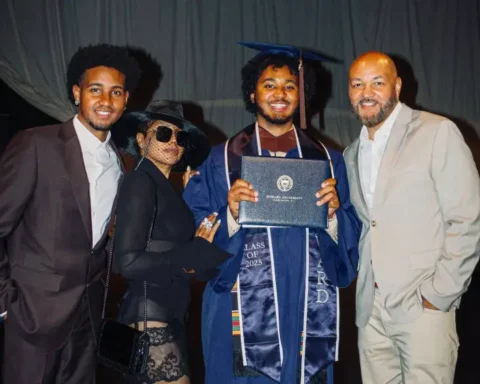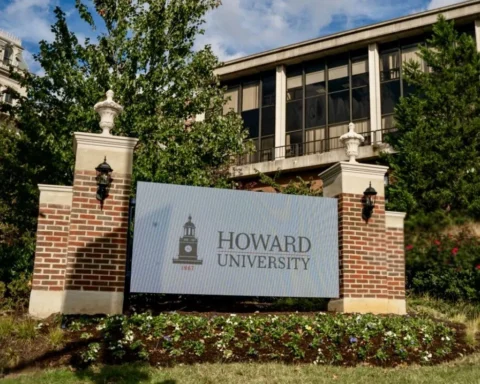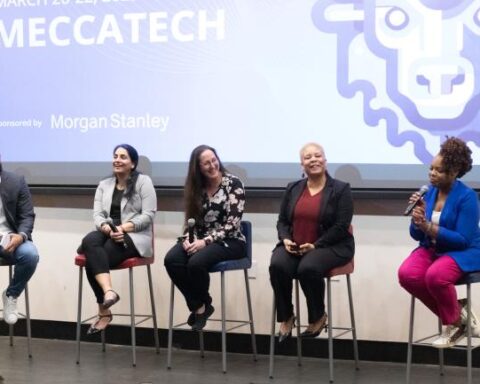By N’dia Webb
The Ralph J. Bunche International Affairs Center hosted The Mandela Washington Fellowship: Alumni Enrichment Institute in the ballroom of the Armour J. Blackburn Center on July 20.
The event, which had over 100 people in attendance, featured guest speakers, a luncheon, campus tours, and a fireside chat with President Wayne A.I. Frederick led by Howard sophomore Malik Ngugi that addressed U.S. relations with Africa.
President Frederick shared his connections to Africa and his own interpretations of the continent as a whole. He also stressed Howard’s role as an institution that has promoted justice, equality, and diversity since 1867.
According to Dr. Frederick, the University is very interested in making sure infrastructure in Africa improves, and creating more interdisciplinary opportunities for youth through education. When asked to give advice to young African leaders, President Frederick said “There’s no compromise for excellence. You should always push to be your best self.”
The Ralph J. Bunche International Affairs Center was asked by the State Department and IREX, which is administering the Mandela Washington Fellowship: Alumni Enrichment Institute to design and implement a program for the fellows who were not able to come in 2020 due to the pandemic.
Tonija Hope, director of the Ralph J. Bunche International Affairs Center, described her feelings about the program. “The opportunity to engage with the fellows, learn from them, and show them things that happen in the United States, and to talk about the synergies that we have as Black people is a great opportunity for me personally and for Howard in general.”
Lorma Juma, a fellow in the program, has had years of experience with the Young African Leaders Initiative (YALI). The Kenya native began as an intern, received her first job in the development space, and earned a certification from Texas Tech because of the program. Juma described it as giving her something to look forward to, while also opening her eyes to a new virtual world.
“This experience has just changed everything I thought I knew about D.C. because honestly all I knew about it was what I watched in movies; I just knew about having a white president and the White House,” Juma said. “But when we took the bus tour and they explained the contributions of African Americans to the development of D.C., it just gave me a wider perspective, something I can say that most people in Africa are not aware of. It was very enlightening.”

